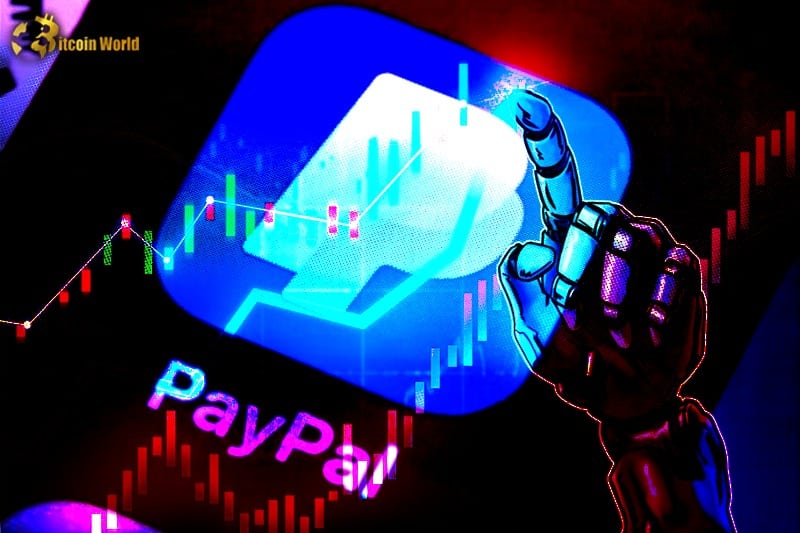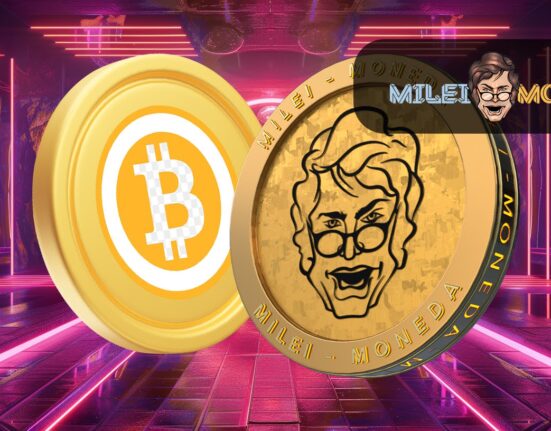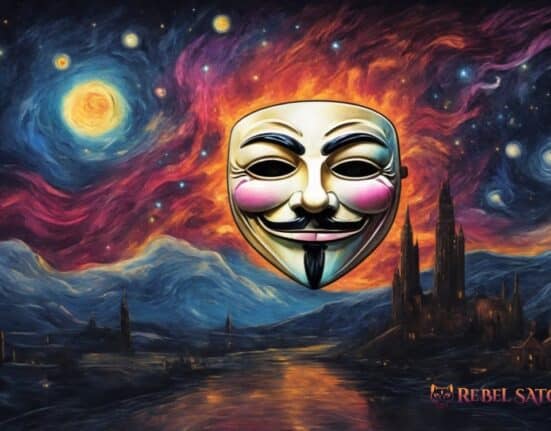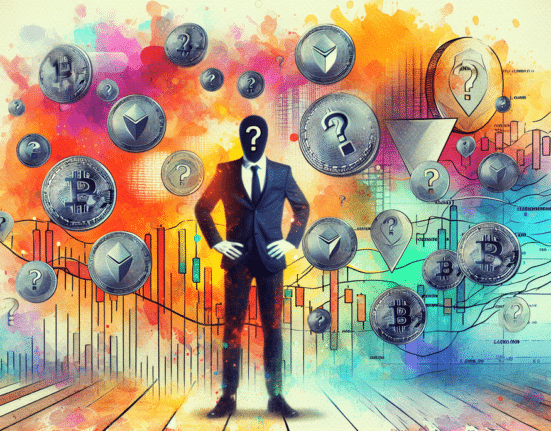PayPal’s groundbreaking initiative for handling nonfungible tokens (NFTs) transcends conventional boundaries. By recently filing a patent application in March, later published on September 21, PayPal has demonstrated a significant stride towards constructing its independent blockchain ecosystem. This revolutionary system is engineered to facilitate NFT transactions, both on-chain and off-chain, heralding a new era of digital asset exchange.
The patent application, although still awaiting approval, outlines a visionary system wherein users engage in NFT transactions via a third-party service provider. While the specific provider remains undisclosed, the application makes mention of Ethereum as a noteworthy platform within its framework.
PayPal’s vision extends beyond the mere exchange of electronic collectibles, aiming to harness the full potential of NFTs for tokenization. In this groundbreaking vision, NFTs represent a diverse range of digital assets, encompassing digital images, videos, music, collectibles, digital art, personal property deeds, event tickets, legal documents, and tangible real-world items. The versatility of this system knows no bounds.
Customization is a hallmark of this forward-looking system. It can facilitate fractionalized purchases through the distribution of governance tokens, further expanding the horizons of NFT trading. Additionally, a decentralized autonomous organization, closely associated with the service provider, stands ready to enhance NFT liquidity through a dedicated platform. This innovation opens up new avenues for NFTs to generate income through royalties.
Service provider operations extend to compliance and risk management, ensuring a secure and regulated environment. Users have the option of utilizing their digital wallets, although it’s not mandatory. Alternatively, a third-party broker can provide a range of storage and checkout services. Off-chain transactions are seamlessly managed within an “omnibus wallet” linked to the service provider, housing both the buyer’s and seller’s wallets. This ingenious approach eliminates the need for blockchain registration and the associated gas fees.
Moreover, the system’s flexibility extends to currency usage, accommodating a wide array of currencies. In a move to solidify its commitment to this ecosystem, PayPal introduced its own stablecoin, PayPal USD, built on the Ethereum platform in August, underscoring its dedication to advancing the world of NFTs and blockchain technology.















